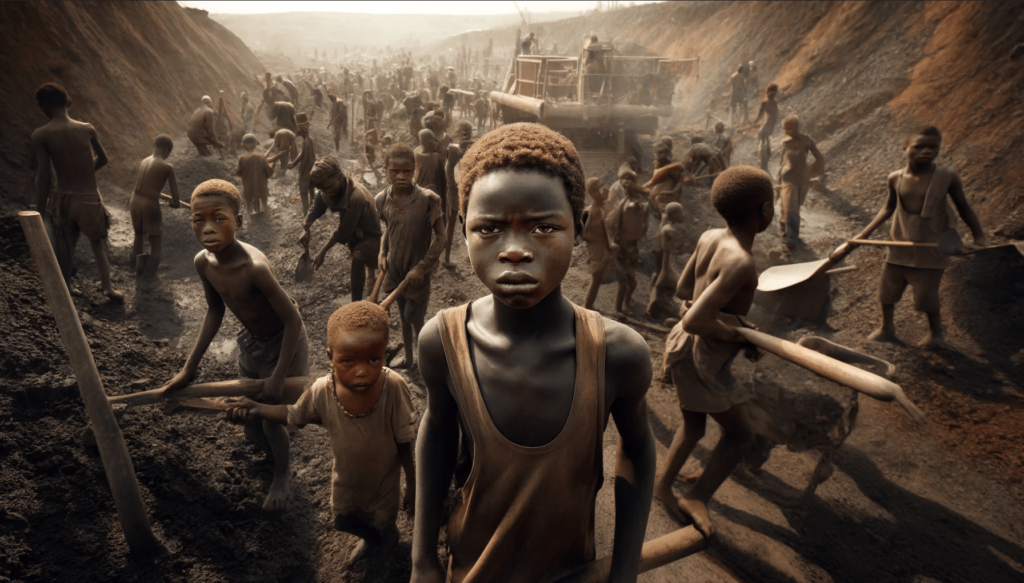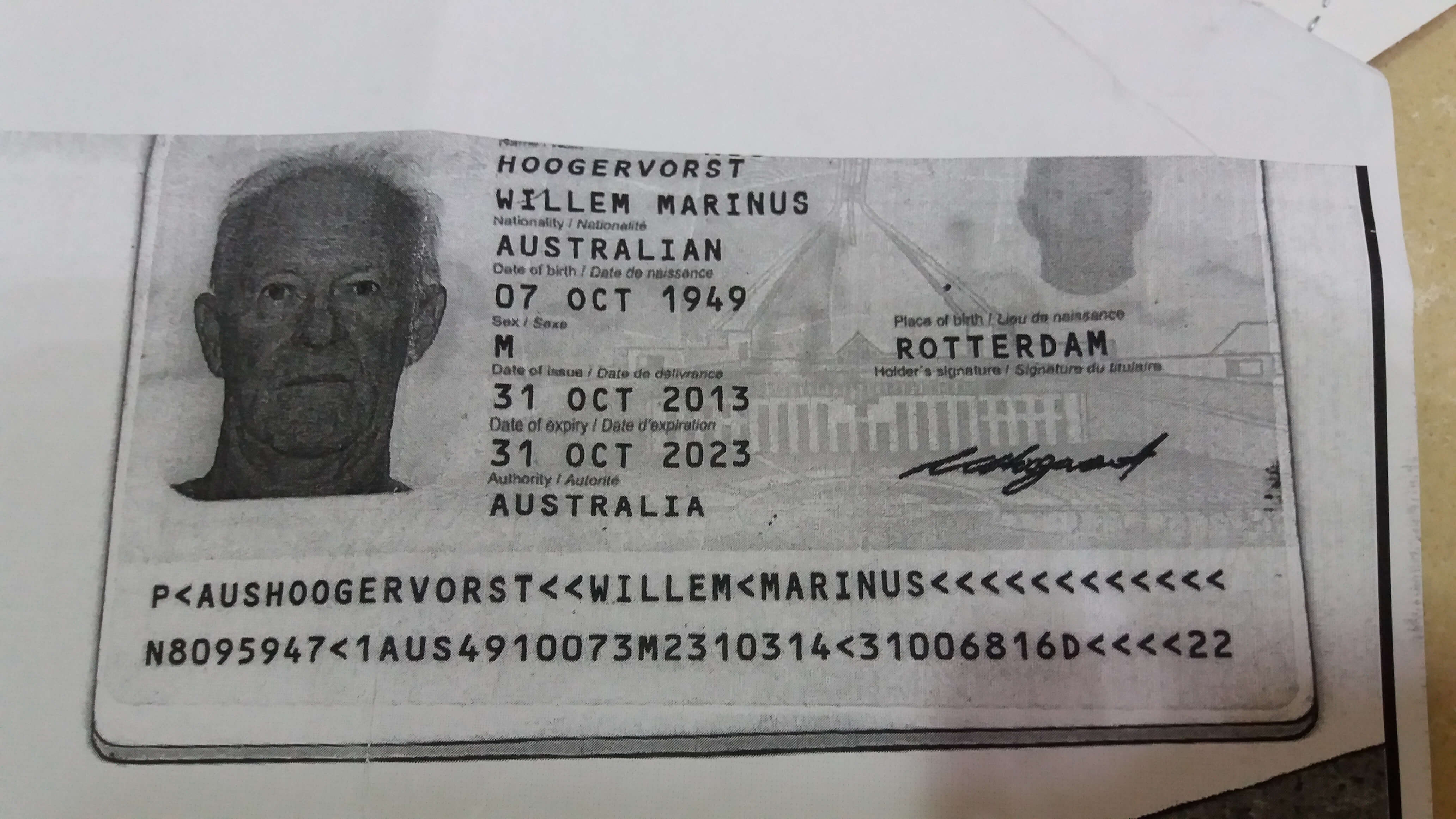Anti-Slavery Commissioner Established
Civil society groups and unions welcome the Albanese Government’s establishment of an Anti-Slavery Commissioner. However, they urge the government to enhance the powers and resources of the office to effectively address forced labour in Australian supply chains.
Global Slavery Index
The Global Slavery Index estimates that 41,000 people in Australia and nearly 50 million globally live and work in modern slavery conditions.
The legislation establishing the Anti-Slavery Commissioner was passed in parliament this week. The Commissioner will promote business reporting under the Modern Slavery Act, raise community awareness, and support victims of modern slavery. However, the role currently lacks enforcement or investigative powers and has a modest budget of $8 million over four years. No additional funding was allocated in the recent May budget.
Civil society groups are concerned that the limited powers and small budget will significantly constrain the Commissioner’s ability to tackle modern slavery in Australian companies’ supply chains.
They call on the government to urgently strengthen the Modern Slavery Act, following recommendations from an independent statutory review by Professor John McMillan last year. The review found that Australia’s Modern Slavery Act 2018 had “not yet caused meaningful change” and made 30 recommendations, including introducing penalties and mandatory due diligence for companies.
During the debate on the Bill, the Government indicated it might reconsider the Commissioner’s powers after responding to the McMillan Review.

anti slavery commissioner combat sweatshops. Image by PublicDomainPictures from Pixabay
Community Response to Anti-Slavery Commissioner
Keren Adams, Legal Director at the Human Rights Law Centre, stated, “Every person should be able to work in freedom and dignity, without threats of violence, coercion, or abuse. We urge the Government to strengthen the powers and resourcing of the Anti-Slavery Commissioner to drive real change in corporate practices and support workers.”
Michele O’Neil, President of the Australian Council of Trade Unions, added, “The establishment of an Anti-Slavery Commissioner is a welcome move, but more needs to be done. The Australian law is not strong enough to deliver real improvements for workers in modern slavery conditions. We call on the Government to strengthen the role and powers of the Commissioner.”
Professor Justine Nolan, Director of the Australian Human Rights Institute, emphasized, “Australia is at a critical juncture in tackling modern slavery. A well-resourced Anti-Slavery Commissioner is essential to the government’s strategy.”
Carolyn Kitto, Co-Director of Be Slavery Free, remarked, “In 2018, we led the world in actions on modern slavery. We can no longer make that claim. It’s one thing to have legislation; it’s another to fund its implementation. Australian businesses continue to compete in environments that reward forced, bonded, and child labour in supply chains.”
Ramila Chanisheff, President of the Australian Uyghur Tangritagh Women’s Association, said, “Without an Anti-Slavery Commissioner with enforcement powers, Uyghurs will continue to be enslaved in products made or supplied by China. The Australian Government needs to take meaningful action to ensure we are not complicit in modern-day slavery.”
Background
Sourcing
Australian businesses source primarily from the Asia Pacific region, which has the highest rates of modern slavery, with over 15 million people in forced labour. In 2022, a major report by academic and civil society partners found that companies were still failing to identify and address modern slavery risks in their supply chains three years into the Act’s operation.


